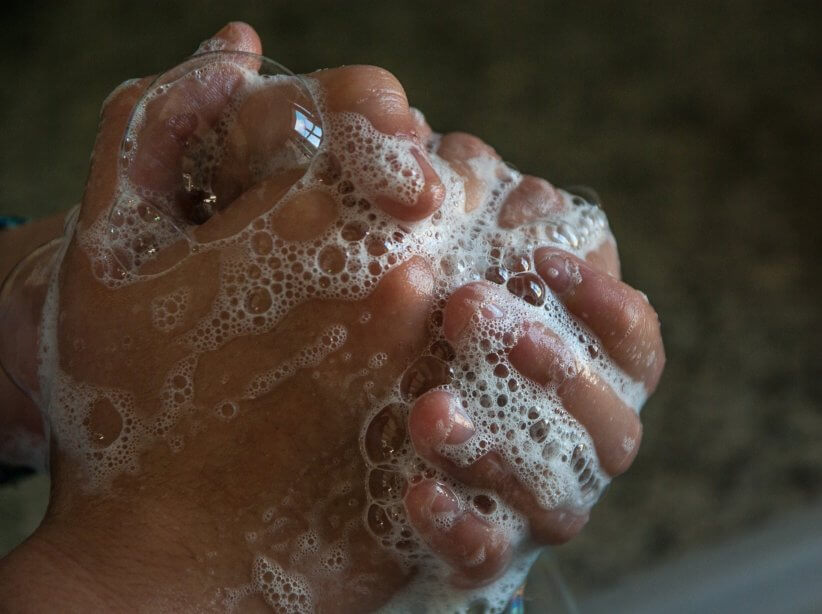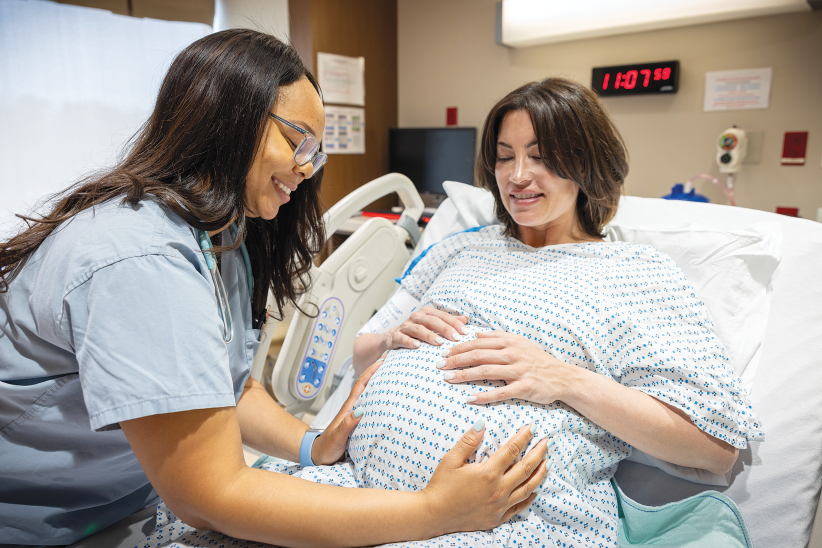
Information continues to pour in on the coronavirus.
Northern Westchester Hospital and Debra Spicehandler, M.D., co-chief of Infectious Diseases at the Hospital have released an update on the coronavirus. They report that new information continues to emerge about coronavirus, a respiratory illness that was identified in Wuhan City, China, and is now being closely monitored by the Centers for Disease Control and Prevention (CDC). It has been declared a global health emergency by the World Health Organization (WHO).
What are the symptoms of coronavirus?
Symptoms begin like the flu and include fever, cough, and shortness of breath. Medical researchers estimate that the incubation period varies from two to approximately 14 days.
As we continue to learn more about coronavirus, Spicehandler offers these suggestions:
Prevention measures: Practice good hygiene
The CDC does not recommend masks for public use, but encourages people to wash their hands frequently with soap and water for twenty seconds – it’s one of the most effective ways to prevent the spread of germs. “If soap and water aren’t available, use an alcohol-based sanitizer with at least 60% percent of alcohol, but washing hands for twenty seconds is ALWAYS more effective than sanitizer,” says Spicehandler.
Some other suggestions:
- Avoid touching your eyes, nose, and mouth with unwashed hands
- Avoid close contact with people who are showing symptoms of illness
- Stay home when you are sick
- Cover your cough or sneeze with a tissue, then throw the tissue in the trash
- Clean and disinfect frequently touched objects and surfaces.
- Cover your cough or sneezes with a tissue or sneeze into your elbow. Throw the tissue in the garbage and make sure to clean your hands afterward.
- Avoid handshakes and other greeting methods like hugging/kissing
You can also protect others by following these guidelines…
- Medical researchers estimate that the incubation period varies from two days to about 14 days. Anyone with flu-like symptoms should stay home and self-quarantine.
- It is recommended to stock a two week supply of food, water, and toiletries at home in case of being quarantined unexpectedly.
- If you have more severe respiratory symptoms and a fever, don’t delay seeking medical care. If you are planning to seek care, please call your care provider first and let them know you’re coming. They can take precautions before you get there to help protect you and others. If you need 911, be sure to inform them of your risk as well.
- If you’ve recently traveled to areas at risk (Italy, China, Hong Kong, South Korea, Japan, and Iran), but are not showing systems, you should elect to stay home for at least 14 days after travel.
- If you become severely ill and/or develop shortness of breath seek care immediately.
NOTE: Please note that this is an evolving situation and these guidelines may change frequently. The New York State Department of Health has set up a hotline at (888) 364-3065 where Department of Health experts are available to answer questions regarding COVID-19.












